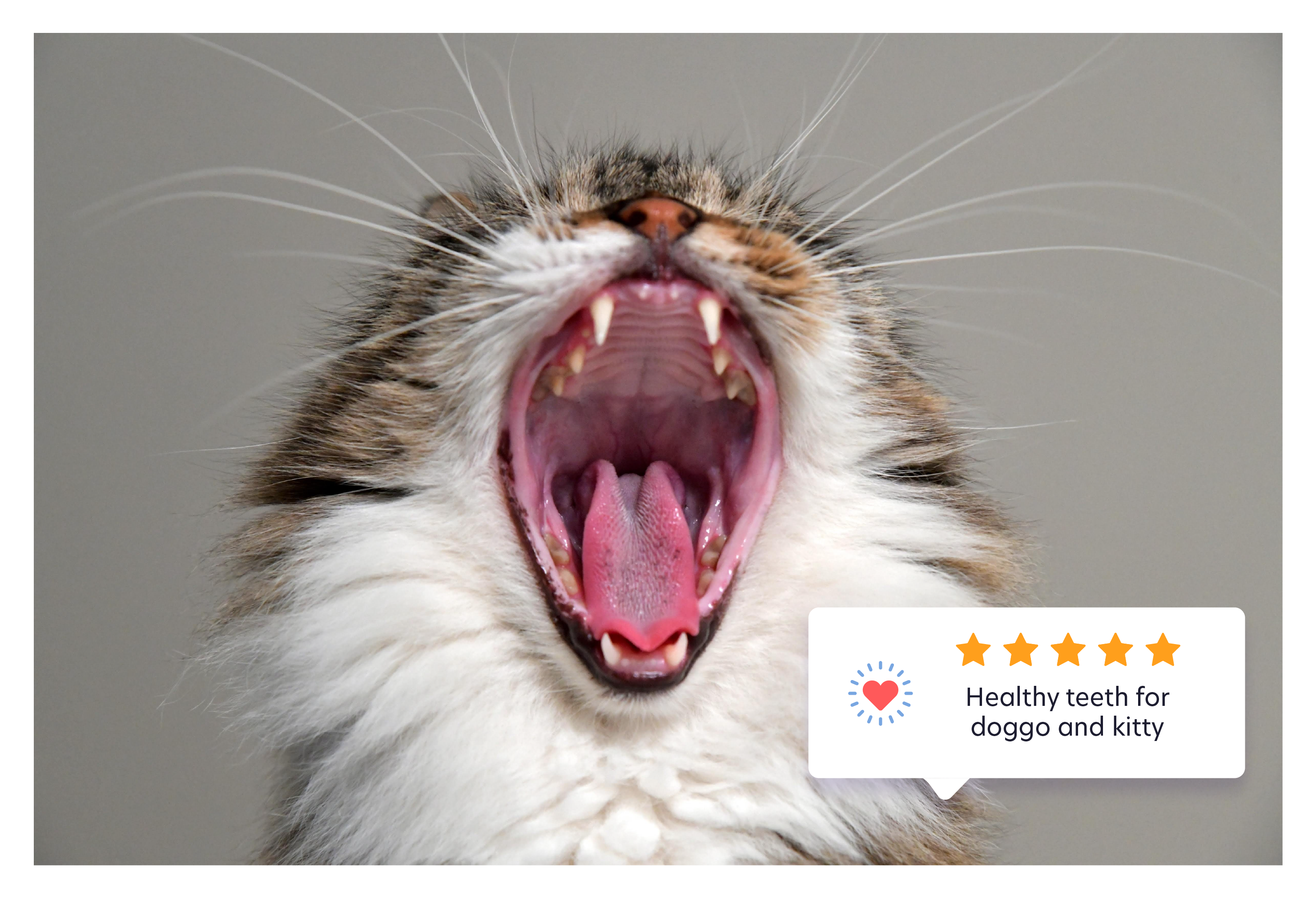
What’s the Cost of Owning a Horse?
by Amy Smith - 7/17/19
There’s no doubt that owning a horse can provide fun and fulfillment, including companionship, riding or driving, and perhaps competitions and shows. Owning a horse, however, also requires a long-term commitment that can be prohibitively expensive. In contrast to smaller pets, like cats and dogs, horses come with a high price tag, over both the short term and the long term. Learn about the one-time and ongoing cost of owning a horse.
The Horse Itself
The real (though vague) answers to how much money a horse costs are “a lot” and “it varies widely.” The purchase of the horse itself requires many considerations and choices. You may find horses on offer for free, while a horse with a long pedigree and good breeding can literally cost millions. Be aware that free horses and even those costing up to $1,000 may be problem horses, with physical or behavioral issues that could prove difficult to fix, or they may be young, untrained horses. A horse that costs upward of $1,500 is more likely to have the breeding and training to ensure easy handling and a pleasant riding experience. Don’t forget to include the cost of a pre-purchase vet exam ($250 to $500) in your budget. A vet can spot problems you might not notice yourself, especially if you’re a first-time buyer.
The Cost of Getting Started
There are some basics you’ll need to have in place before you’re ready to add a horse to your family. First, your horse needs a place to live. If you keep the horse in a boarding stable, you’ll pay a monthly fee, which may include feed and some routine vet care. But if you bring the horse home, you’ll need to calculate the cost of providing at least two acres of pasture per animal, with reliable fencing and a sturdy form of shelter. Other upfront purchases include tack, riding clothes, blankets and barn supplies. Again there’s a wide variety of possibilities, with tack costing from $400 to $1,500. Transporting your horse will require a truck and trailer, so you’ll need to purchase or borrow a vehicle that fits your animal’s needs.
The Over-and-Over Expenses
If you board your horse, many of the recurring costs will be included in the fee, which can vary from $150 to $3,000 per month. If you keep your horse at home, the biggest ongoing cost will be feed. Pasture will provide some of a horse’s diet, but you’ll need hay, grain and mineral supplements as well. Hay and grain prices vary greatly, but you may expect to spend over $1,200 per year on feed. The pasture will also require care, including seeding and fertilizing, which adds to your expenses. Another recurring cost is farrier service for your horse’s hoofs. This is usually required every six weeks and — depending on whether your horse is shoed — can range from $300 to $800 per year. Routine vet care, including vaccinations and de-worming, will be necessary to keep your horse in good condition and can run to around $450 per year. Finally, most horse owners need or want some training in riding and other horsemanship skills, and others wish to enter their horses in shows and competitions. Depending on your interests and needs, regular lessons and show fees can add up quickly, from hundreds to many thousands of dollars every year.
When Emergencies Strike
If you think the routine costs of horse ownership look daunting, keep in mind that emergency medical procedures for horses can put those costs through the roof. From colic to broken bones, lacerations to joint problems and foaling complications, the possibility of a serious medical problem is always present. Further, the large frame of a horse means every procedure requires greater quantities of medication and other materials than would be necessary for a small pet, like a cat or dog. A single serious problem with your horse’s health can set you back thousands of dollars and lead to the difficult decision between massive bills or euthanasia for a suffering animal. For these reasons, many horse owners find it’s financially sensible to carry medical insurance for their animal or use a payment plan option like Scratchpay to meet unforeseen medical expenses.
Amy Smith is a writer, specializing in family and parenting topics. She teaches English, Latin, and music at a private school and lives with her husband and five children on a small homestead in rural Pennsylvania.
References
- https://www.thesprucepets.com/how-much-do-horses-cost-1886151
- https://thehorse.com/148643/the-buyers-guide-to-prepurchase-exams/
- https://cowgirlmagazine.com/cost-owning-horse/
- https://unitedhorsecoalition.org/resources-for-prospective-owners/#toggle-id-2
- https://thehorse.com/18076/my-horses-vet-bill-is-how-much/




.jpg)

.jpg)
























.jpg)
























































.jpg)













